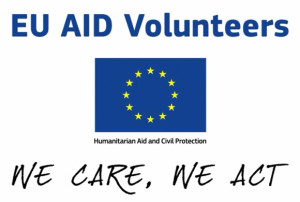 A brilliant volunteer firefighter recruitment video from the station in Meldorf, Germany (Freiwillige Feuerwehr Stadt Meldorf): a man drives by a training exercise by volunteer firefighters in his village. The popups in the video show what professions the volunteers come from: IT professional, farmer, chimney sweep, lawyer, clerk, caregiver, student, etc. It’s meant to say that a variety of people can be volunteer emergency responders (and are needed as such).
A brilliant volunteer firefighter recruitment video from the station in Meldorf, Germany (Freiwillige Feuerwehr Stadt Meldorf): a man drives by a training exercise by volunteer firefighters in his village. The popups in the video show what professions the volunteers come from: IT professional, farmer, chimney sweep, lawyer, clerk, caregiver, student, etc. It’s meant to say that a variety of people can be volunteer emergency responders (and are needed as such).
A big difference between Germany and the USA re: firefighting is that firefighters aren’t EMTs. Instead, for emergency medical calls, there are ambulance corps throughout the country. That definitely makes it much easier to recruit volunteer firefighters in Germany than in the USA, and as a result of the model used in the country, Germany has the highest number of volunteer firefighters per capita in the world.
Still, this is a terrific recruitment video, one that firehouses in the USA that involve volunteers should consider re-creating for their own communities. Don’t have the video shooting and editing skills to make it happen? Consider recruiting volunteers with such skills from nearby universities and colleges – even high schools.
Also see:
- If I can’t find what I’m looking for on your web site, who else can’t?
- Required Volunteer Information on Your Web Site
- New online resources to help recruit volunteer firefighters
- Volunteers needed, but are they wanted?
- Why you can’t find/keep volunteer firefighters
- Making certain volunteers feel unwelcomed because of your language
- pro vs. volunteer firefighters
- Fire station turns away volunteers – & how it could be different
- International Association of Fire Fighters is anti-volunteer




